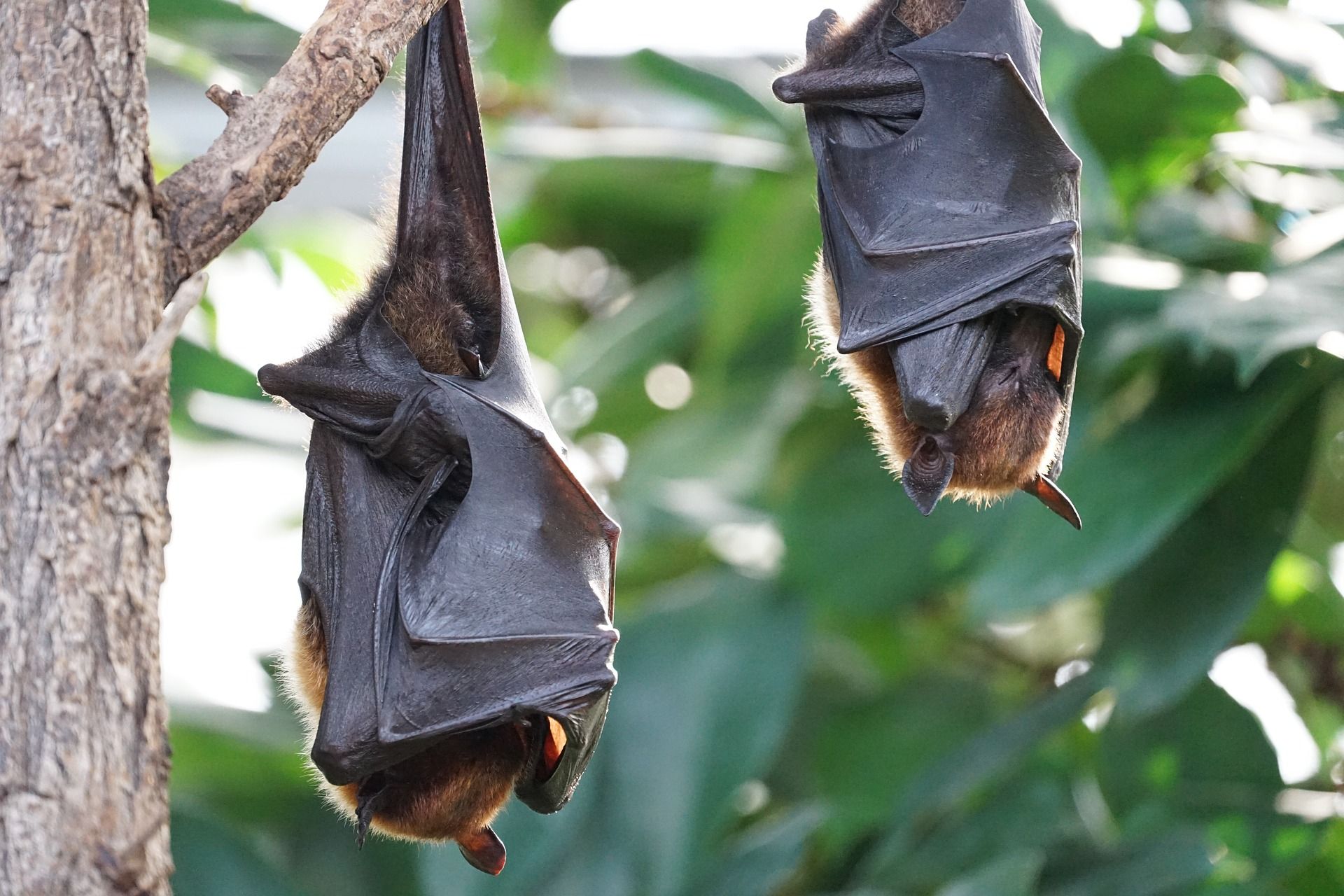The World Health Organisation (WHO) said on Friday that the new coronavirus discovered in bats in South Africa requires further investigation.
Chinese scientists from Wuhan had warned of the threat of a coronavirus called ‘NeoCov’ in South Africa, raising alarm about its possibly high fatality and transmission rate.
“Whether the virus detected in the study will pose a risk for humans will require further study,” the WHO told Russian news agency TASS.
While the strain has only been found to spread among animals, a preprint of a study has indicated that NeoCov and its related virus PDF-2180-CoV could potentially infect humans as well.
Also Read: Wuhan scientists warn of ‘NeoCoV’ virus with high mortality rate: Report
The virus strain, discovered in the bat population, is not new. It is related to the Middle East respiratory syndrome (MERS-CoV) which caused outbreaks in 2012 and 2015 and killed an average of 1 in 3 infected people.
Experts from the Wuhan University and Institute of Biophysics of the Chinese Academy of Sciences have warned that just one mutation could enable the virus to infiltrate human cells.
This means the NeoCoV might carry with it the ‘potentially combined high mortality rate of MERS-CoV’ (which killed approximately one in three of those infected) and the ‘high transmission rate of the virus responsible for COVID-19’, the scientists have said, according to a report by Sputnik.
Also Read: Omicron accounts for 94% of new COVID-19 cases in Kerala: Report
The WHO, however, has said that further study would be needed to ascertain its true risk to humans.
Also Read: Omicron drives US deaths higher than in fall’s delta wave
The health body added that the source of around 75% of infectious diseases that spread in humans was wild animals, just like SARS-CoV-2, the virus behind COVID-19. “Animals, particularly wild animals are the source of more than 75% of all emerging infectious diseases in humans, many of which are caused by novel viruses. Coronaviruses are often found in animals, including in bats which have been identified as a natural reservoir of many of these viruses,” the WHO said.
“Coronaviruses are often found in animals, including in bats which have been identified as a natural reservoir of many of these viruses,” the experts added.
Also Read: North Korea slowly reopens border after strict 2-year lockdown
The WHO also informed that it was working closely to find ways to prevent and manage emerging zoonotic viruses.







